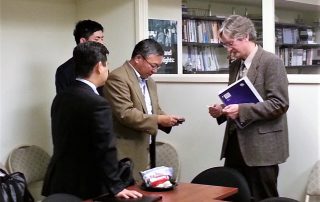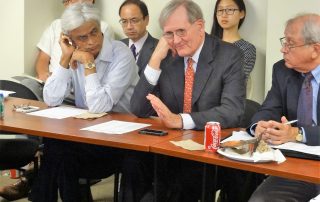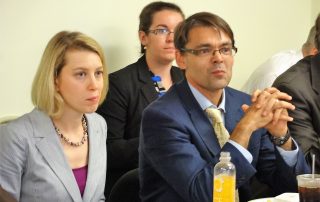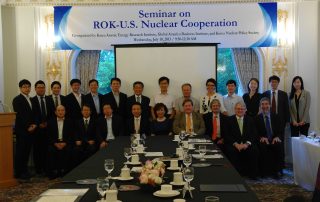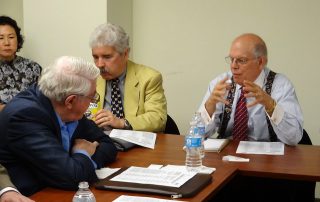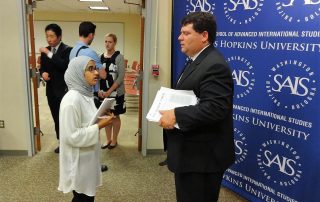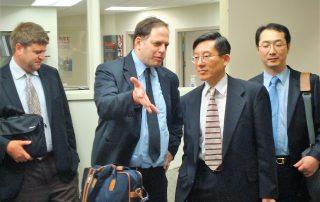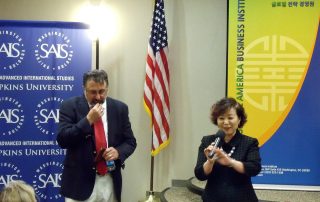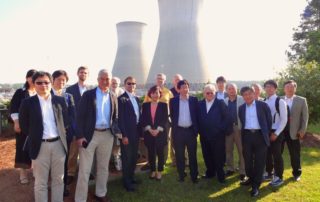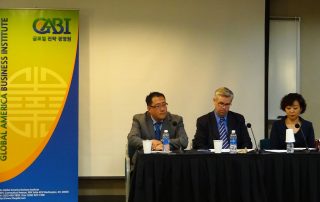At present, dialogue on nuclear technology in Washington, DC has tended to focus on issues related to nuclear materials security, nonproliferation, and arms control issues, rather than nuclear power. As a result, the policy community in Washington tends view nuclear power technologies with some skepticism. Given this environment, it is GABI’s commitment to promote, educate, and enhance the understanding of the vital role of nuclear power from the perspective of ensuring energy security, reliability and sustainability.
Japan’s Nuclear Energy Policy: Institutional Influences and International Implications
Japan’s Nuclear Energy Policy: Institutional Influences and International Implications October 08, 2013 Given the tremendous aftermath of 3/11 in Japan and throughout the world, it has been widely accepted that exogenous shocks, particularly momentous crises such as Fukushima, have been the main drivers of Japanese nuclear energy policy. However, a more thorough historical examination of

